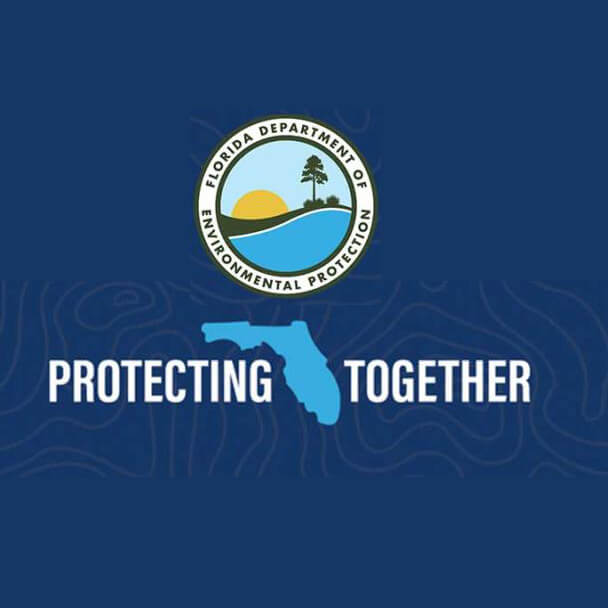Preserving Florida's Wells: Strategies for Addressing Water Contamination Issues
Florida, renowned for its pristine landscapes and unique ecosystems, faces a growing challenge in ensuring the purity of its groundwater. The state's well systems, vital for supplying water to both urban and rural areas, are increasingly susceptible to contamination. This article explores the various strategies employed to address water contamination issues in Florida's wells, focusing on factual information and professional perspectives.
The State of Florida's Groundwater
Florida relies significantly on groundwater as a primary source for drinking water and agricultural needs. The Floridan Aquifer, one of the most productive aquifers globally, underlies much of the state, making it a crucial resource. However, the increasing population, industrial activities, and agricultural practices have put a strain on this vital water source, leading to concerns about contamination.
Common Contaminants and Sources
Several contaminants pose a threat to Florida's well water, including agricultural runoff, industrial discharges, and improperly managed septic systems. Pesticides, fertilizers, heavy metals, and pathogens are among the common pollutants that can find their way into the groundwater, affecting both quality and safety.
Regulatory Measures
Florida has implemented stringent regulatory measures to safeguard its wells and groundwater. The Florida Department of Environmental Protection (FDEP) oversees water quality standards and regulatory frameworks to prevent, monitor, and mitigate contamination. The establishment of Maximum Contaminant Levels (MCLs) for various contaminants ensures that water treatment facilities adhere to strict guidelines.
Advanced Filtration Technologies
Technological advancements play a crucial role in mitigating water contamination issues. State-of-the-art filtration technologies, such as reverse osmosis and advanced oxidation processes, are increasingly being employed to remove contaminants at water treatment plants. These technologies ensure that water supplied through wells meets or exceeds regulatory standards.
Community Education and Engagement
Empowering communities through education and engagement is a proactive strategy in preventing water contamination. Outreach programs, workshops, and educational campaigns inform residents about responsible water usage, proper disposal of household chemicals, and the importance of regular well maintenance. Informed communities are better equipped to contribute to the protection of their water resources.
Groundwater Monitoring and Surveillance
Continuous monitoring of groundwater quality is essential for early detection of contamination. Florida has implemented a comprehensive groundwater monitoring network to assess water quality across different regions. This surveillance allows authorities to identify emerging issues promptly, enabling a rapid response to mitigate potential risks to public health and the environment.
Land Use Planning and Zoning Regulations
Effective land use planning and zoning regulations are critical in preventing contamination at its source. By designating areas for specific land uses and implementing regulations that restrict potentially polluting activities near wells, Florida can proactively reduce the risk of contamination. Collaborative efforts between urban planners, environmental scientists, and policymakers are essential in developing and enforcing these regulations.
Investment in Research and Innovation
Investing in research and innovation is paramount for staying ahead of emerging contaminants and evolving environmental challenges. Collaborative efforts between government agencies, research institutions, and private industries can lead to the development of new technologies and strategies to address specific water quality issues unique to Florida's well systems.
Conclusion
Preserving Florida's wells is a multifaceted challenge that demands a combination of regulatory, technological, educational, and research-driven approaches. By implementing and continually refining these strategies, the state can ensure the sustainability and safety of its groundwater resources for current and future generations. As the population grows and environmental pressures increase, a steadfast commitment to water preservation is crucial for maintaining the ecological balance and securing a prosperous future for the Sunshine State.





